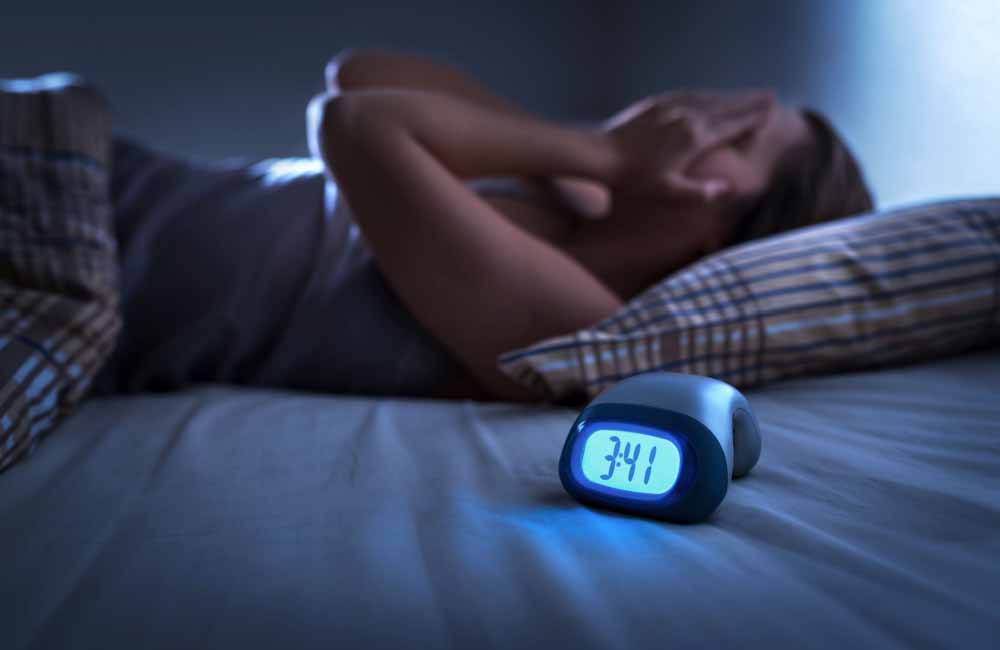Issues to Consider When Using Cannabis For Insomnia
It’s not surprising that people have started to turn to cannabis for insomnia. That’s because after decades of hearing advice on how to sleep well, changing diets to improve sleep and using innovative tech to help people track sleep, people still have a big problem falling asleep when the lights go out.
How big is the problem? The Centers for Disease Control and Prevention estimates that one in three adults in the U.S. do not get enough sleep. If you are wondering whether you are part of that 33 percent of the population, the recommended amount of sleep for those between the ages of 18 and 60 is at least seven hours each night.
Routinely sleeping less than seven hours is associated with a wide variety of issues, including a higher risk for obesity, diabetes, high blood pressure, heart disease, stroke and frequent mental distress.
Things to Consider When Using Cannabis For Insomnia
The impact of cannabis and CBD on sleep vary widely depending on the person, the specific cannabis product used and the dosage. Cannabis contains over 100 different cannabinoids, with two of the most well-known being tetrahydrocannabinol (THC) and cannabidiol (CBD). These cannabinoids can have different effects on sleep.
THC is the psychoactive compound in cannabis and is known to have sedative properties. It can help some individuals fall asleep faster and experience deeper sleep. CBD is non-psychoactive and is not known for causing sedation. Some people use CBD to help manage anxiety or pain, which can indirectly improve sleep quality.
How both CBD and THC influence a person can vary widely. What works for one may not work for another. Also, the dosage of THC and CBD in cannabis products can significantly impact their effects on sleep. Higher doses of THC may be more likely to induce sleep, but they can also increase the risk of negative side effects and addiction potential.
The timing of cannabis use is crucial. Using it too close to bedtime can interfere with the natural sleep cycle and lead to disrupted sleep patterns. It’s often recommended to use cannabis a few hours before bedtime to allow its effects to set in gradually.
Long-term use of cannabis, especially with high THC content, can lead to tolerance, where higher doses are needed to achieve the same effects.
No matter how people use THC, CBD or any other type of medication to combat insomnia, it’s also important to examine the underlying causes. They can include stress, anxiety, medical conditions or medication side effects.
Also, before using cannabis for insomnia, it’s essential to consult with a healthcare provider, especially for those with underlying medical conditions or those taking medications. They can help people make an informed decision about whether cannabis is an appropriate option for sleep issues.
A Study on CBD for Insomnia
A group of researchers from Colorado published study results in 2019 that showed CBD had a positive impact on those who lost sleep due to anxiety. Of those involved in the study, 79.2 percent saw anxiety levels fall within the first month of using CBD for sleep. Also, 66.7 percent experienced improvement in their sleep in the first month, although this number fluctuated over the ensuing months.
In a summation on the potential health benefits of CBD, the Harvard Medical Review wrote that CBD “is commonly used to address anxiety, and for patients who suffer through the misery of insomnia, studies suggest that CBD may help with both falling asleep and staying asleep.”
One theory about CBD is that it lowers the levels of cortisol. Known as the stress hormone, cortisol levels tend to peak in the morning. However, those with stress and anxiety may experience higher levels of cortisol around bedtime, making sleep harder for them.
Older studies on CBD have raised this issue. For example, one found that taking 300 or 600 mg of CBD oil lowered cortisol levels in study participants, meaning it may act as a kind of sedative. Another study found that when compared to a placebo, those who took CBD had a longer duration of sleep.




